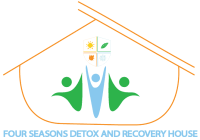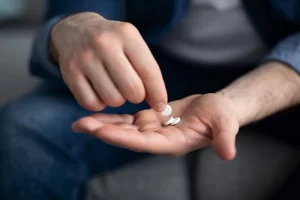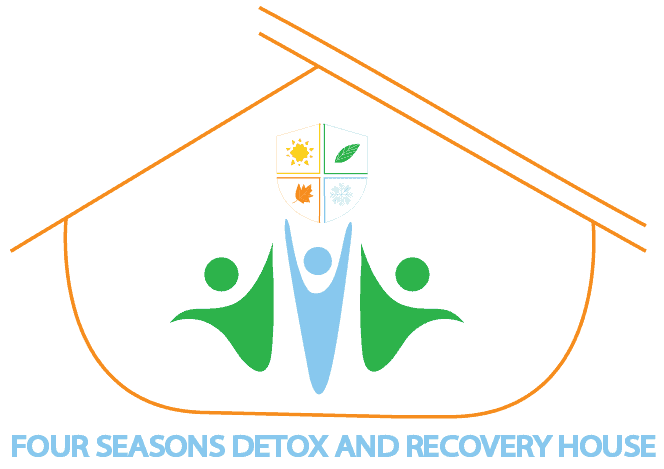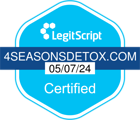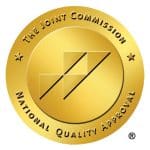Moral Reconation Therapy (MRT) is a cognitive-behavioral treatment strategy designed to enhance moral reasoning and improve decision-making in individuals with substance use disorders and criminal behavior. This therapeutic approach has gained traction in various rehabilitation programs due to its structured and effective methodology.
Introduction to Moral Reconation Therapy
Moral Reconation Therapy focuses on increasing the moral reasoning of individuals by systematically addressing their cognitive processes and behaviors. The term “reconation” is derived from the Greek word “conation,” meaning the process of striving or endeavoring. Hence, reconation implies the act of directing one’s striving towards moral and ethical improvement.
Key Components of MRT
MRT is built upon several core components that facilitate change:
- Cognitive-Behavioral Approach: It utilizes cognitive-behavioral techniques to alter negative thinking patterns.
- Moral Development: Emphasizes the growth of moral reasoning skills.
- Structured Exercises: Involves a series of structured steps that participants work through at their own pace.
- Peer Support: Group settings provide peer support and accountability.
History and Development of MRT
Moral Reconation Therapy was developed in the 1980s by Dr. Gregory Little and Dr. Kenneth Robinson. It was initially designed to address the high recidivism rates among offenders. The developers identified that many individuals engaged in criminal behavior due to deficiencies in moral reasoning and decision-making.
How MRT Works
MRT is typically administered in group sessions, although individual sessions can also be utilized. The therapy consists of 12 to 16 steps, each focusing on different aspects of moral and cognitive development.
Steps in MRT
- Honesty: Encouraging participants to be honest with themselves and others.
- Trust: Building trust within the group and with facilitators.
- Acceptance: Accepting responsibility for one’s actions.
- Healing Relationships: Working on repairing damaged relationships.
- Helping Others: Learning the value of altruism and helping behavior.
These steps are designed to progressively build the individual’s moral and cognitive skills, leading to improved behavior and decision-making.
Benefits of Moral Reconation Therapy
MRT offers several benefits for individuals undergoing treatment for substance abuse and criminal behavior:
- Reduces Recidivism: Studies have shown that MRT significantly reduces the likelihood of reoffending.
- Improves Moral Reasoning: Participants develop higher levels of moral reasoning, which positively impacts their decision-making.
- Enhances Self-Esteem: The structured nature of MRT helps build self-esteem and self-worth.
- Fosters Accountability: Participants learn to take responsibility for their actions and understand the consequences of their behavior.
MRT in Substance Abuse Treatment
MRT is particularly effective in the context of substance abuse treatment. It helps individuals understand the impact of their addiction on themselves and others, promoting long-term recovery.
Application in Drug and Alcohol Rehab
In drug and alcohol rehab settings, MRT is integrated into comprehensive treatment plans. It complements other therapeutic approaches, such as cognitive-behavioral therapy and 12-step programs, providing a well-rounded approach to recovery.
Luxury detox centers often incorporate MRT as part of their holistic treatment offerings, recognizing its effectiveness in addressing the underlying cognitive and moral issues related to addiction.
Success Rates and Research Findings
Research on MRT has demonstrated its efficacy across various populations, including offenders, individuals with substance use disorders, and at-risk youth.
Case Studies and Statistics
- A study published in the Journal of Offender Rehabilitation found that MRT participants had significantly lower recidivism rates compared to those who did not undergo the therapy.
- Research on substance abuse treatment programs incorporating MRT showed improved treatment outcomes and reduced relapse rates.
These findings underscore the importance of incorporating MRT into rehabilitation and treatment programs to achieve better outcomes.
Challenges and Considerations
While MRT is highly effective, it is not without challenges. Some participants may struggle with the structured nature of the therapy or resist the introspective exercises. Additionally, facilitators need to be adequately trained to deliver the therapy effectively.
Overcoming Resistance
To address resistance, facilitators can employ motivational interviewing techniques and create a supportive group environment. Ensuring that participants understand the benefits of the therapy and feel supported throughout the process is crucial for success.
Conclusion
Moral Reconation Therapy is a powerful tool in the treatment of substance abuse and criminal behavior. By enhancing moral reasoning and cognitive skills, MRT helps individuals make better decisions, reduce recidivism, and achieve lasting recovery.
Incorporating MRT into drug and alcohol rehab programs can significantly improve treatment outcomes, making it a valuable addition to any comprehensive rehabilitation plan. The structured approach and focus on moral development make MRT a unique and effective therapy for those seeking to change their lives.
As more research supports the benefits of MRT, it is likely to become an increasingly integral part of rehabilitation programs worldwide. Its ability to address the root causes of negative behavior and promote lasting change makes it an essential component of modern therapeutic practices.
